Home>Gardening & Outdoor>Landscaping Ideas>What Kills Ants In Grass
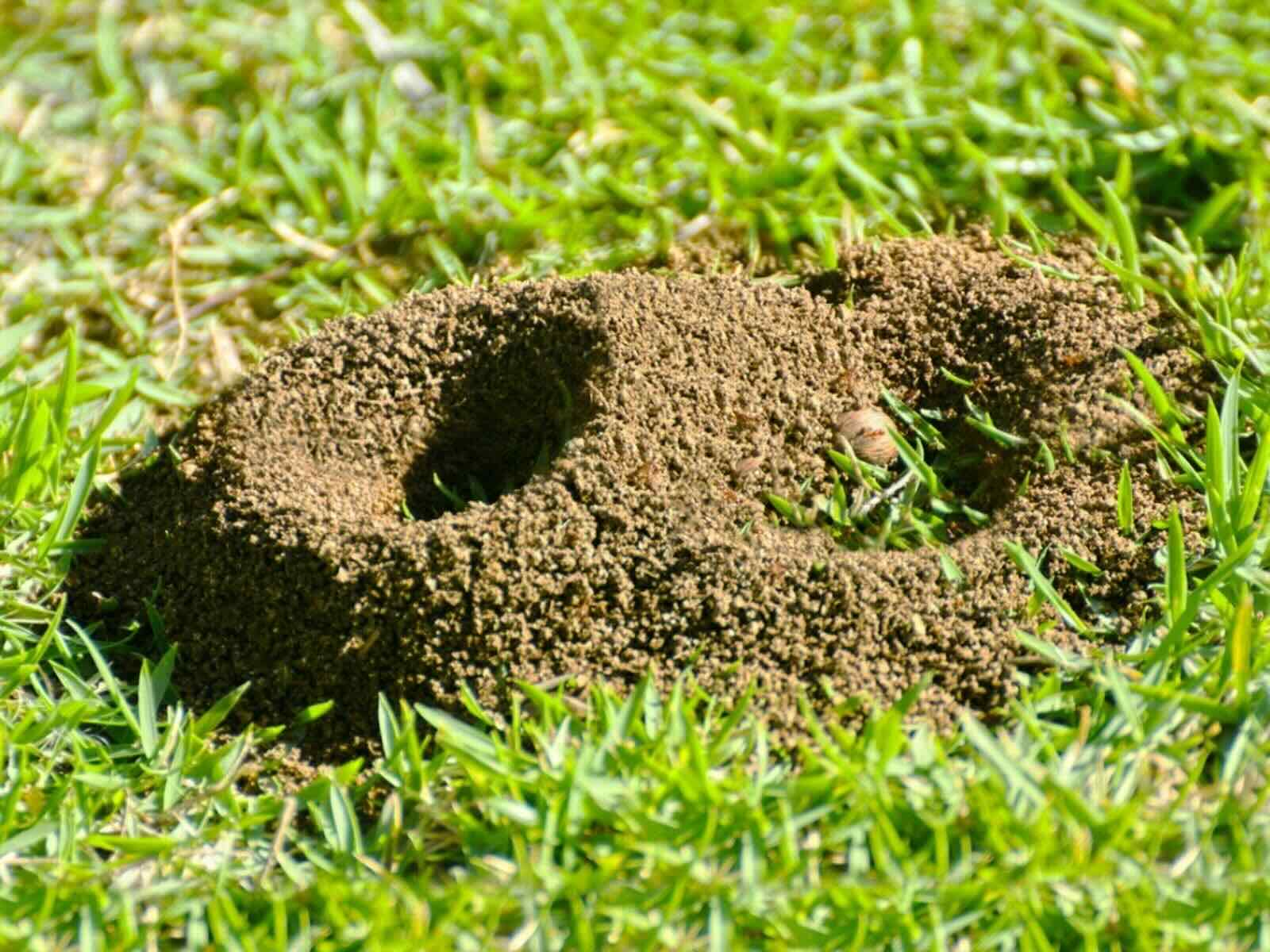

Landscaping Ideas
What Kills Ants In Grass
Published: February 2, 2024
Discover effective landscaping ideas to eliminate ants in grass. Learn how to kill ants in your lawn and keep your outdoor space pest-free.
(Many of the links in this article redirect to a specific reviewed product. Your purchase of these products through affiliate links helps to generate commission for Storables.com, at no extra cost. Learn more)
Introduction
Dealing with ants in your grass can be a frustrating and challenging issue for many homeowners and garden enthusiasts. These tiny yet persistent insects can disrupt the lush green expanse of your lawn, creating unsightly mounds and potentially causing damage to the grass roots. Whether you're aiming to maintain a pristine lawn for aesthetic purposes or seeking to protect the health of your grass, finding effective methods to eliminate ants from your lawn is essential.
Ants are social insects that form extensive colonies, often comprising thousands of individuals. Their presence in the grass is typically marked by the appearance of small mounds of soil, which serve as entry points to their underground nests. While ants themselves may not directly harm the grass, their nesting activities can disturb the soil, potentially leading to uneven patches and weakened root systems.
Understanding the various methods for eradicating ants from your grass is crucial in maintaining a healthy and vibrant lawn. From natural remedies that harness the power of common household ingredients to chemical solutions designed to target ant colonies, there are numerous approaches to consider. Additionally, implementing preventive measures can help deter ants from establishing colonies in your grass, reducing the likelihood of future infestations.
In the following sections, we will explore a range of strategies for addressing ant infestations in grass, including natural remedies, chemical solutions, and prevention tips. By gaining insight into these methods, you can equip yourself with the knowledge needed to effectively combat ants and safeguard the beauty and vitality of your lawn.
Key Takeaways:
- Natural remedies like diatomaceous earth and vinegar offer eco-friendly ways to kill ants in grass, keeping your lawn healthy and safe for your family and pets.
- Prevent ant infestations by maintaining lawn hygiene, sealing entry points, and eliminating food sources, creating a beautiful and ant-free grassy haven.
Read more: What Kills Ants But Not Grass
Natural Remedies for Killing Ants in Grass
When it comes to addressing ant infestations in your grass, natural remedies offer a safe and eco-friendly approach to eliminating these persistent pests. These methods harness the power of common household ingredients and natural substances to deter and eradicate ants from your lawn. Here are some effective natural remedies for killing ants in grass:
1. Diatomaceous Earth
Diatomaceous earth, a fine powder made from fossilized algae, is a natural insecticide that can effectively combat ant infestations. When sprinkled over ant mounds and along ant trails, diatomaceous earth dehydrates the ants' exoskeletons, ultimately leading to their demise. This non-toxic substance is safe for use around pets and plants, making it an ideal natural remedy for controlling ants in grass.
2. Boiling Water
A simple yet potent method for eradicating ant colonies in grass is to pour boiling water directly into ant mounds. The intense heat of the water effectively destroys the ants and disrupts their nests, providing a natural and cost-effective solution for eliminating ant infestations.
3. Vinegar
Vinegar, with its strong acidic properties, serves as a versatile natural remedy for deterring ants. By mixing equal parts of vinegar and water in a spray bottle and applying it to ant trails and mounds, you can disrupt the ants' pheromone trails and discourage their presence in the grass.
4. Essential Oils
Certain essential oils, such as peppermint, tea tree, and citrus oils, are known for their ability to repel ants. By diluting these oils with water and spraying the solution around the perimeter of your lawn or directly onto ant-infested areas, you can create a natural barrier that deters ants from congregating in the grass.
5. Cinnamon
The strong scent of cinnamon acts as a natural ant repellent, making it an effective deterrent for keeping ants out of your grass. Sprinkling ground cinnamon around ant mounds and along their trails can disrupt their communication and foraging activities, discouraging them from inhabiting your lawn.
By incorporating these natural remedies into your ant control strategy, you can effectively combat ant infestations in your grass while minimizing the use of harsh chemicals. These eco-friendly solutions not only help preserve the health of your lawn but also contribute to a safer and more sustainable environment for your family and pets.
Chemical Solutions for Killing Ants in Grass
When natural remedies may not provide the desired level of control over ant infestations in grass, chemical solutions offer an alternative approach to effectively eradicate these persistent pests. It is important to note that the use of chemical insecticides should be approached with caution, ensuring that they are applied in accordance with safety guidelines and environmental considerations.
1. Ant Baits
Ant baits are a popular chemical solution for targeting ant colonies in grass. These baits contain toxic substances that are attractive to ants, luring them to consume the bait and carry it back to their nests. Once distributed within the colony, the toxic bait can effectively eliminate the ants, including the queen, leading to the collapse of the entire colony. Ant baits are available in various formulations, including granular and gel-based options, providing flexibility in application and placement.
Read more: How To Kill Outdoor Ants
2. Insecticidal Sprays
Insecticidal sprays formulated specifically for ant control can provide targeted and rapid elimination of ant infestations in grass. These sprays often contain synthetic pyrethroids or other active ingredients designed to disrupt the nervous system of ants upon contact. When applied directly to ant mounds and trails, insecticidal sprays can swiftly eradicate the ants, offering a quick and efficient solution for addressing localized infestations.
3. Dust Insecticides
Dust insecticides, such as those containing active ingredients like bifenthrin or deltamethrin, can be applied to ant mounds and surrounding areas to achieve long-lasting control over ant populations in grass. These dust formulations adhere to the ants' bodies as they traverse through treated areas, effectively spreading the insecticide throughout the colony. Dust insecticides are particularly useful for targeting ant nests located in hard-to-reach areas within the grass, providing a comprehensive and enduring solution for ant eradication.
4. Professional Pest Control Services
In cases of severe or persistent ant infestations in grass, seeking the expertise of professional pest control services may be necessary. Pest control professionals have access to a range of specialized chemical solutions and application methods tailored to effectively combat ant colonies in outdoor environments. By conducting thorough assessments and implementing targeted treatment plans, these professionals can provide comprehensive and long-term control over ant infestations, ensuring the health and vitality of your grass.
When utilizing chemical solutions for killing ants in grass, it is essential to carefully follow the instructions provided by the product manufacturers and adhere to safety precautions to minimize potential risks to humans, pets, and the environment. Additionally, considering the potential impact on non-target organisms and ecosystems is crucial when selecting and applying chemical insecticides, promoting responsible and sustainable pest management practices.
By incorporating these chemical solutions into your ant control strategy, you can effectively address persistent ant infestations in your grass, restoring the beauty and integrity of your lawn while maintaining a balanced approach to pest management.
Prevention Tips for Keeping Ants Out of Grass
Preventing ant infestations in grass is a proactive approach that can help maintain the pristine condition of your lawn and minimize the need for extensive eradication measures. By implementing effective prevention strategies, you can create an environment that is less conducive to ant colonization, reducing the likelihood of infestations and preserving the health of your grass. Here are essential prevention tips for keeping ants out of your grass:
-
Maintain Lawn Hygiene: Regular maintenance practices, such as mowing the grass at the appropriate height and removing thatch buildup, can contribute to a less hospitable environment for ants. By keeping the lawn well-groomed and free of debris, you can minimize potential nesting sites and discourage ant activity.
-
Seal Entry Points: Inspect the perimeter of your lawn for potential entry points that may facilitate ant intrusion, such as cracks in pavement, gaps in fencing, or openings around utility conduits. Seal these entry points using appropriate materials to prevent ants from gaining access to the grassy areas.
-
Eliminate Food Sources: Ants are attracted to food sources, including sugary substances and organic debris. Keep outdoor dining areas clean and free of food residues, and promptly dispose of fallen fruits or other organic materials that may attract ants to the lawn.
-
Trim Vegetation: Overhanging vegetation and dense foliage near the lawn can provide shelter and pathways for ants to access the grass. Regularly trim back overhanging branches and maintain a clear perimeter around the lawn to reduce potential nesting sites and ant pathways.
-
Create Barrier Zones: Consider creating barrier zones around the lawn using natural deterrents, such as diatomaceous earth or essential oil sprays. These barriers can act as a preventive measure, deterring ants from venturing into the grassy areas.
-
Address Moisture Issues: Ants are attracted to moist environments, making proper moisture management essential for ant prevention. Ensure proper drainage to prevent water accumulation in the lawn and address any leaks or standing water sources that may attract ants.
-
Regular Inspections: Conduct routine inspections of the lawn to identify early signs of ant activity, such as small mounds or ant trails. Early detection can facilitate prompt intervention and prevent the escalation of ant infestations.
By incorporating these prevention tips into your lawn care routine, you can create an environment that is less favorable for ant colonization, reducing the risk of infestations and promoting the overall health and beauty of your grass. Taking a proactive stance against ant intrusion can help preserve the integrity of your lawn and minimize the need for extensive ant control measures.
Frequently Asked Questions about What Kills Ants In Grass
Was this page helpful?
At Storables.com, we guarantee accurate and reliable information. Our content, validated by Expert Board Contributors, is crafted following stringent Editorial Policies. We're committed to providing you with well-researched, expert-backed insights for all your informational needs.
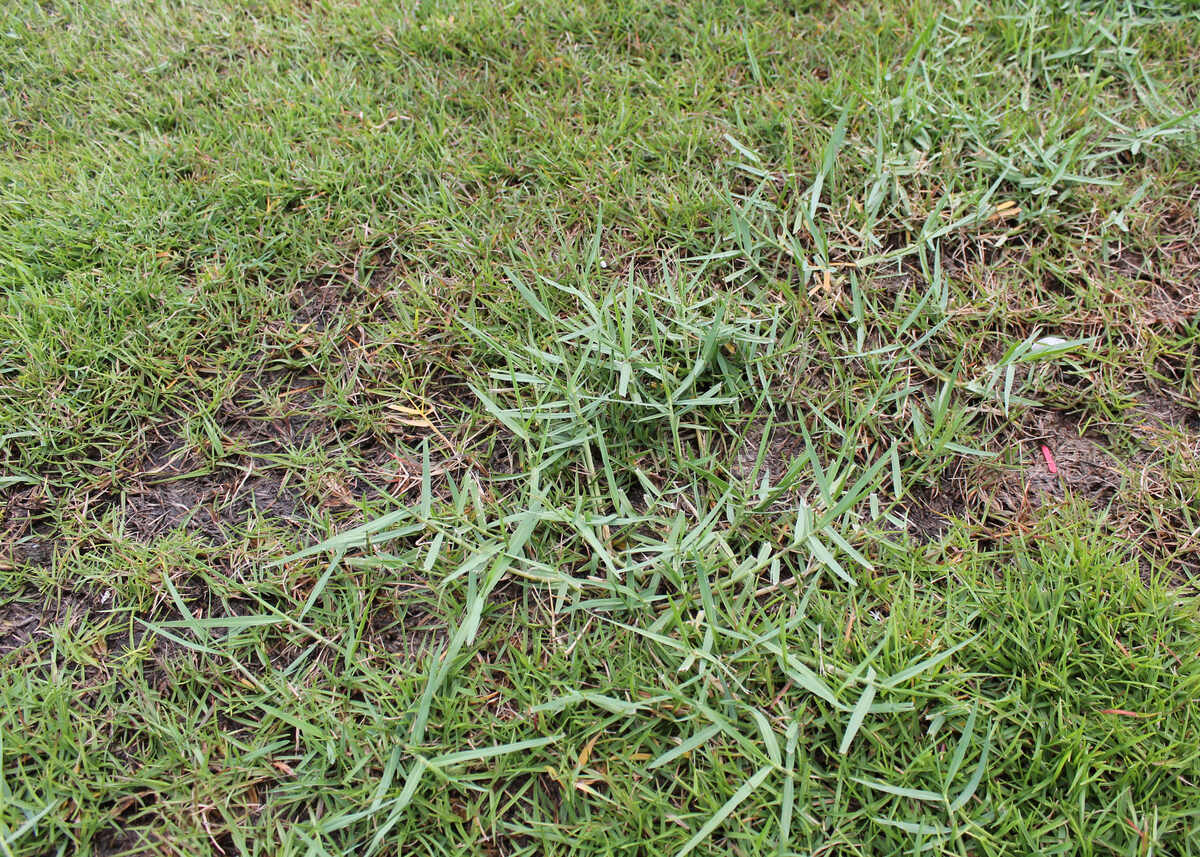
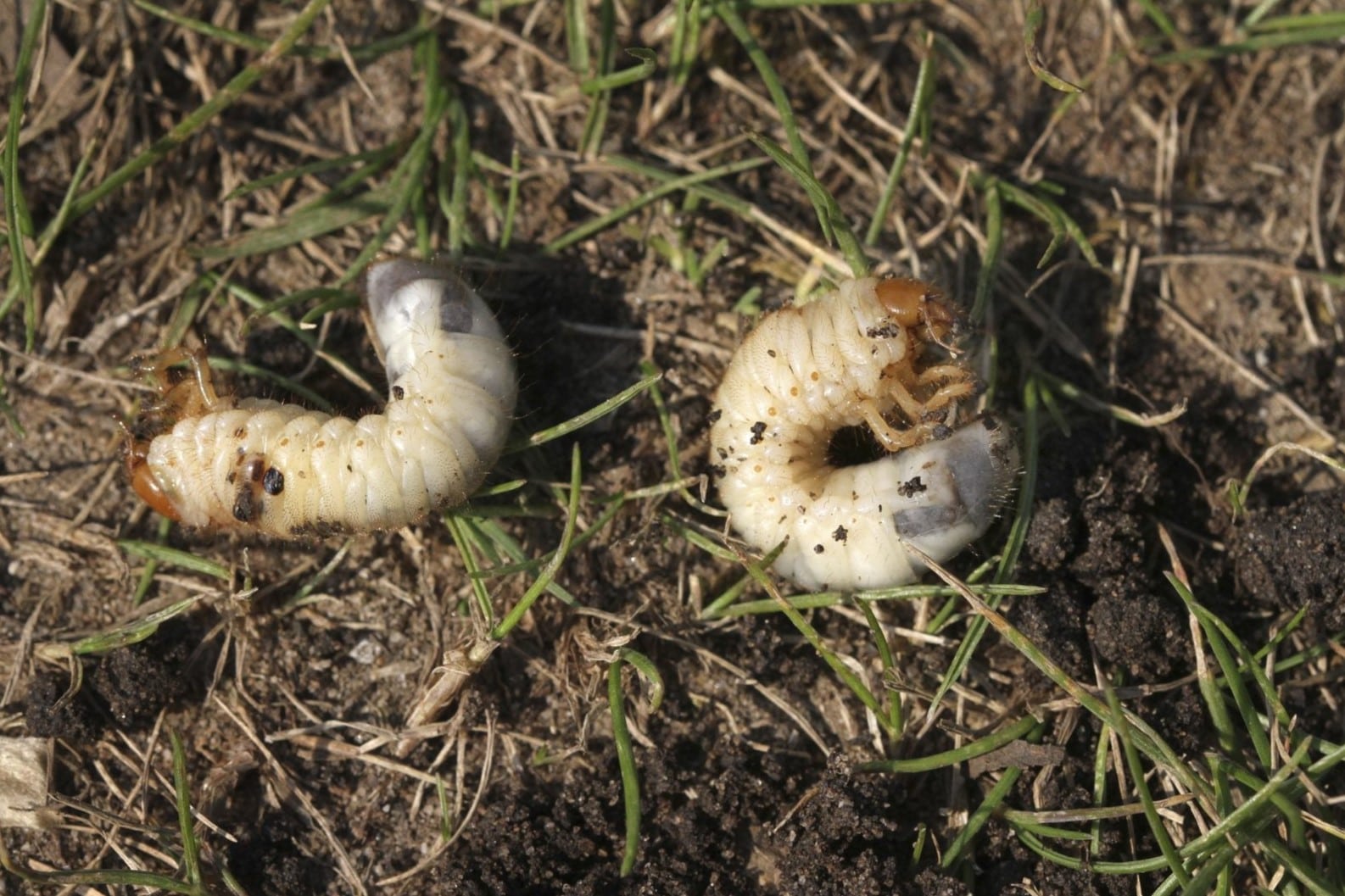
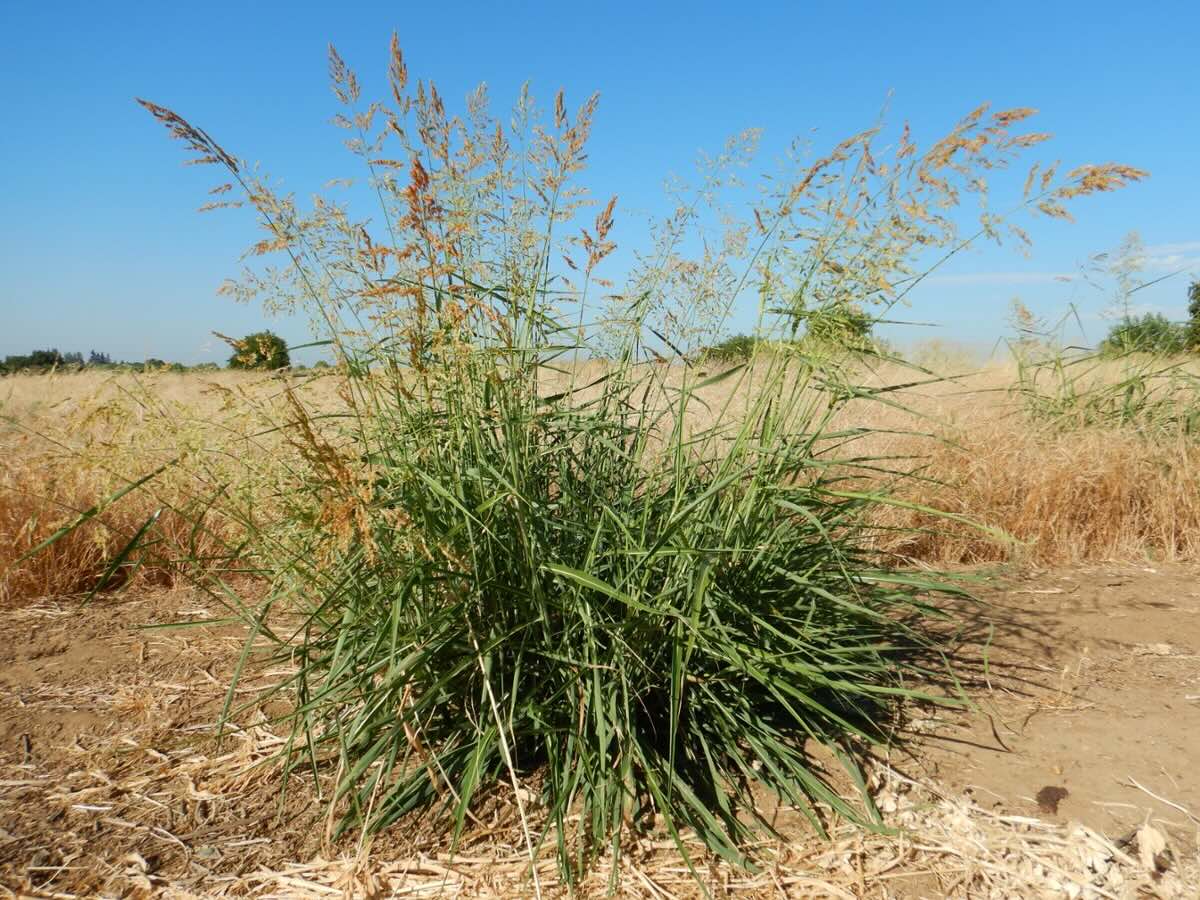
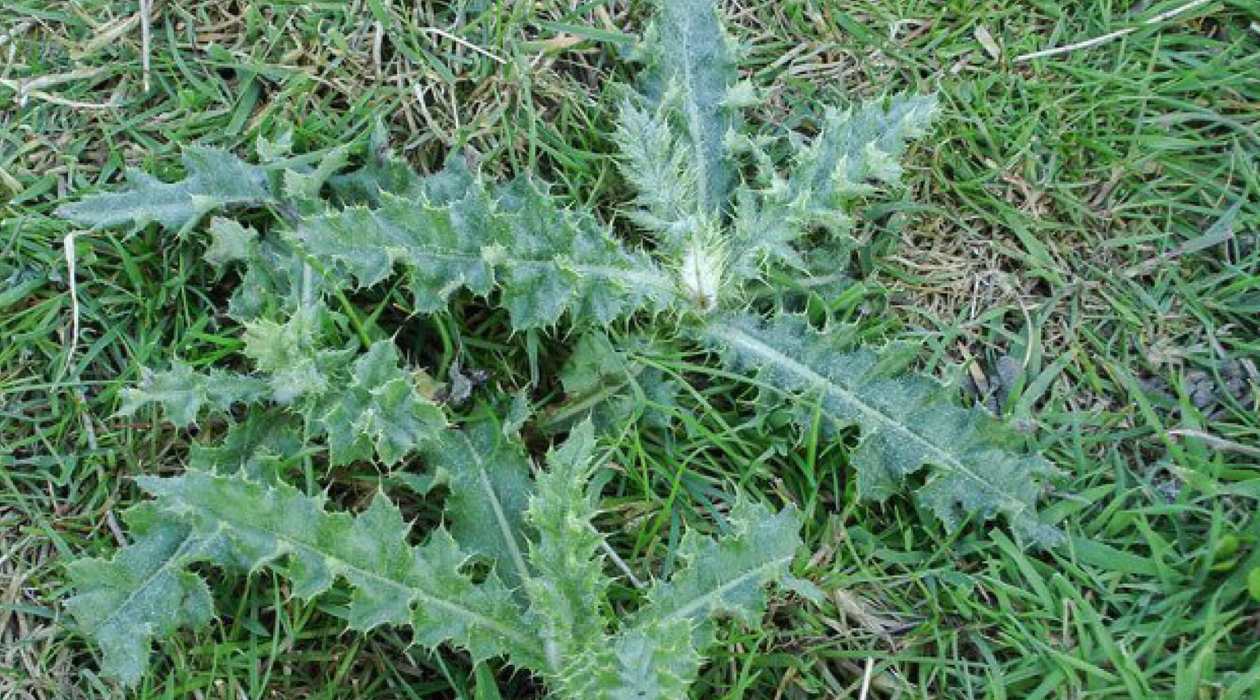
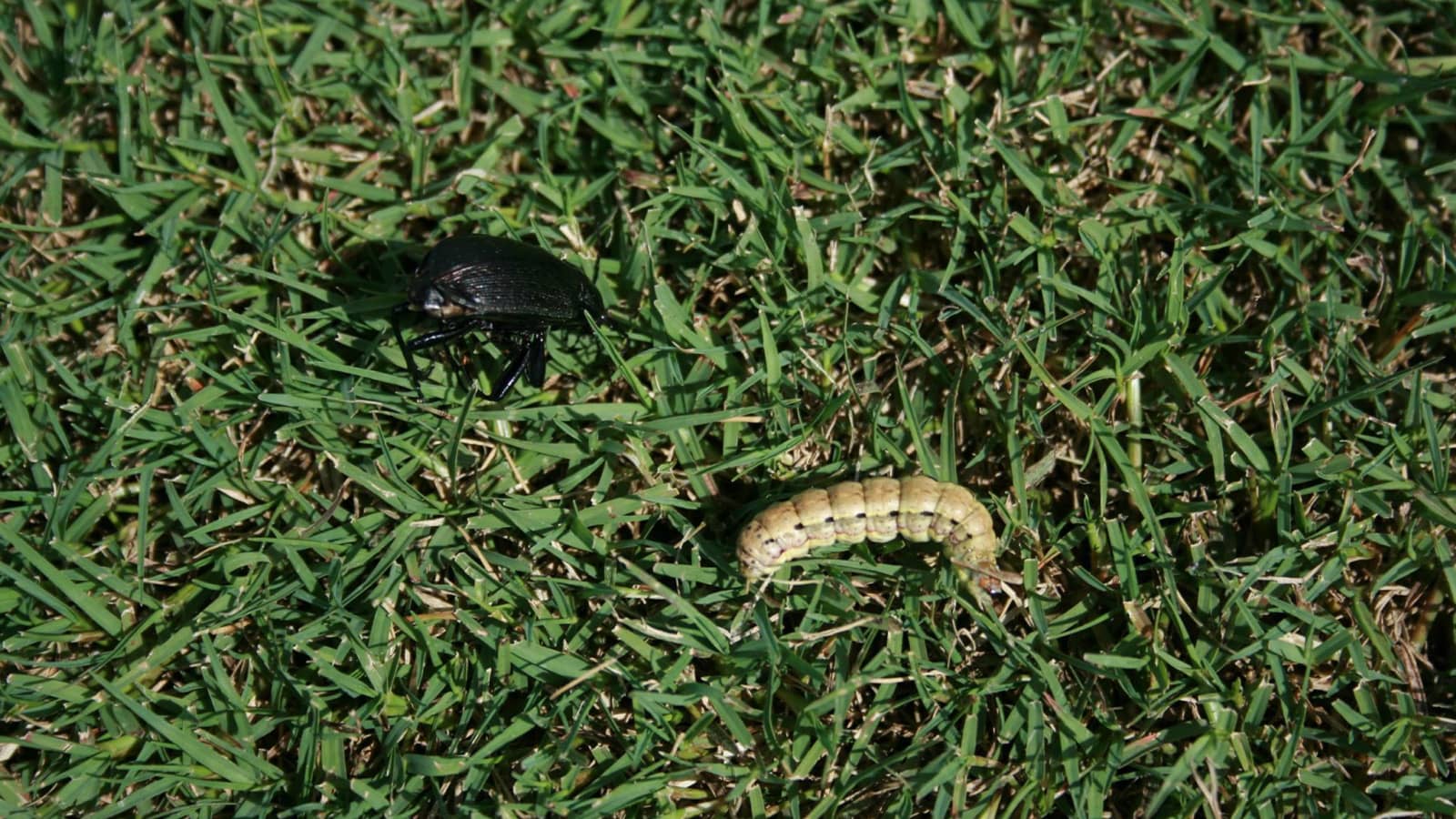
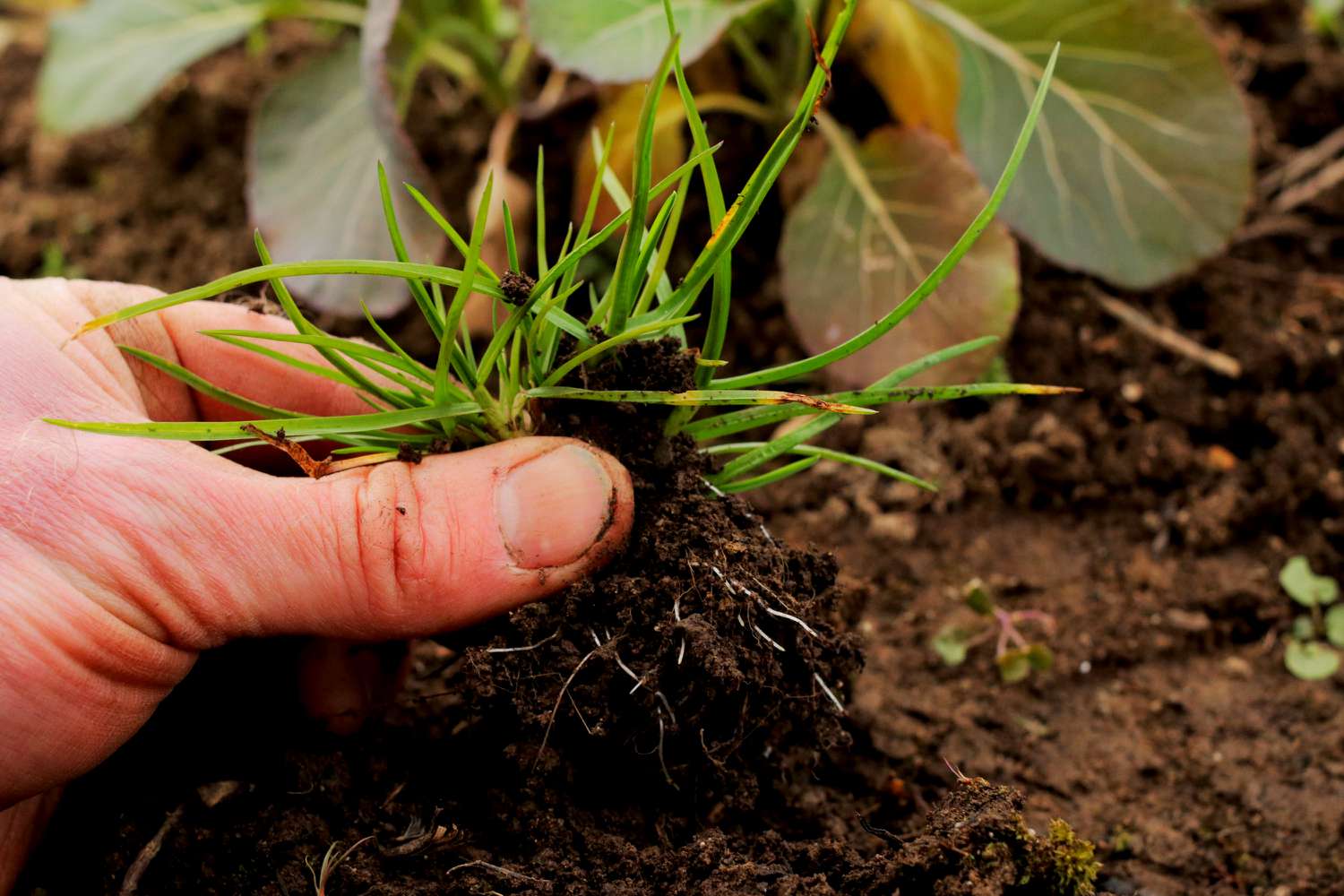
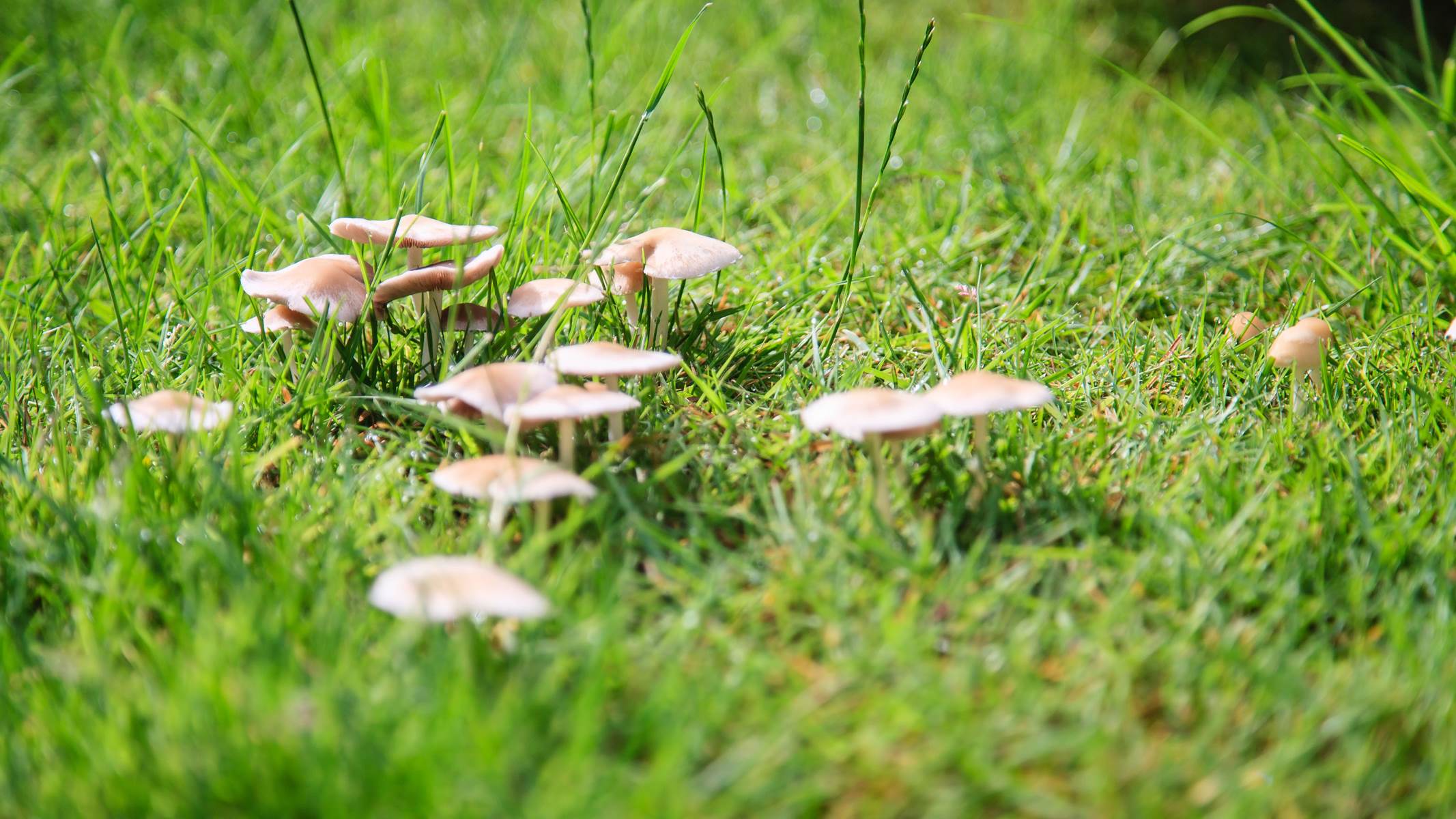
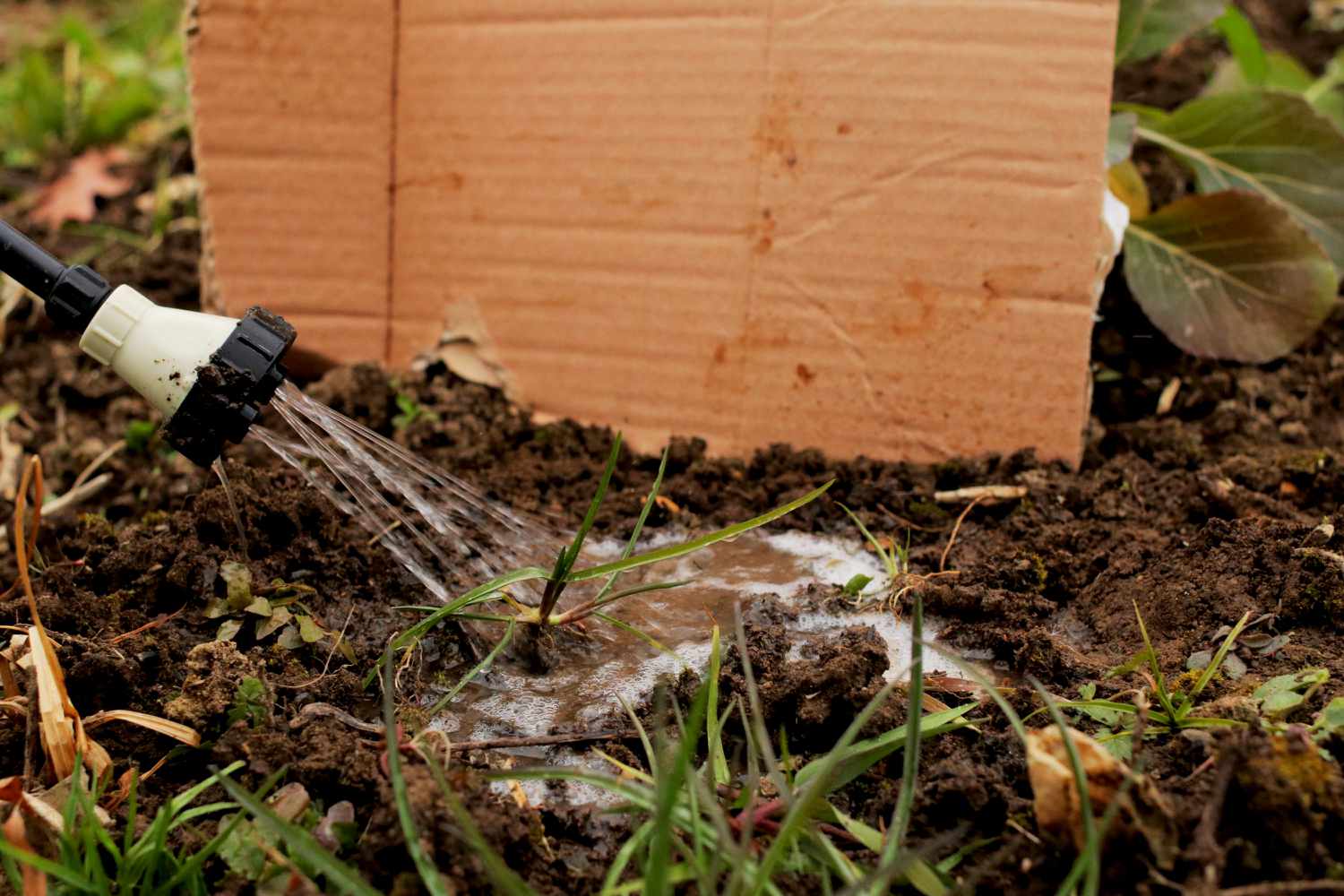

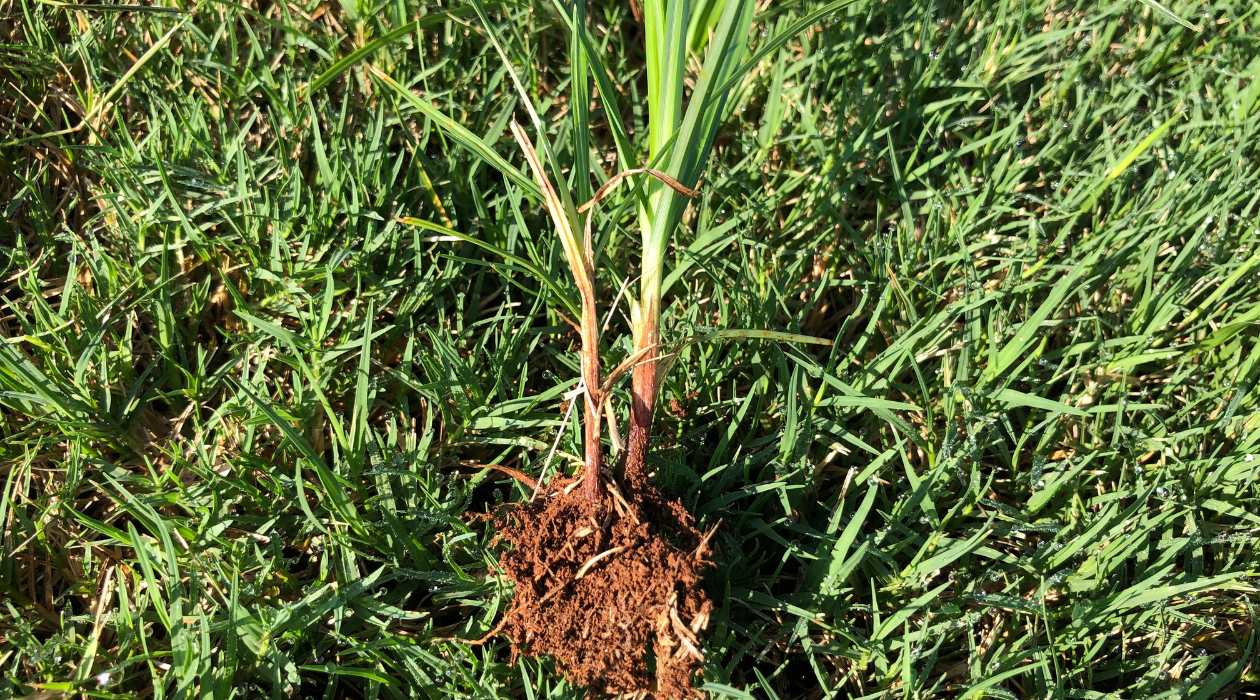
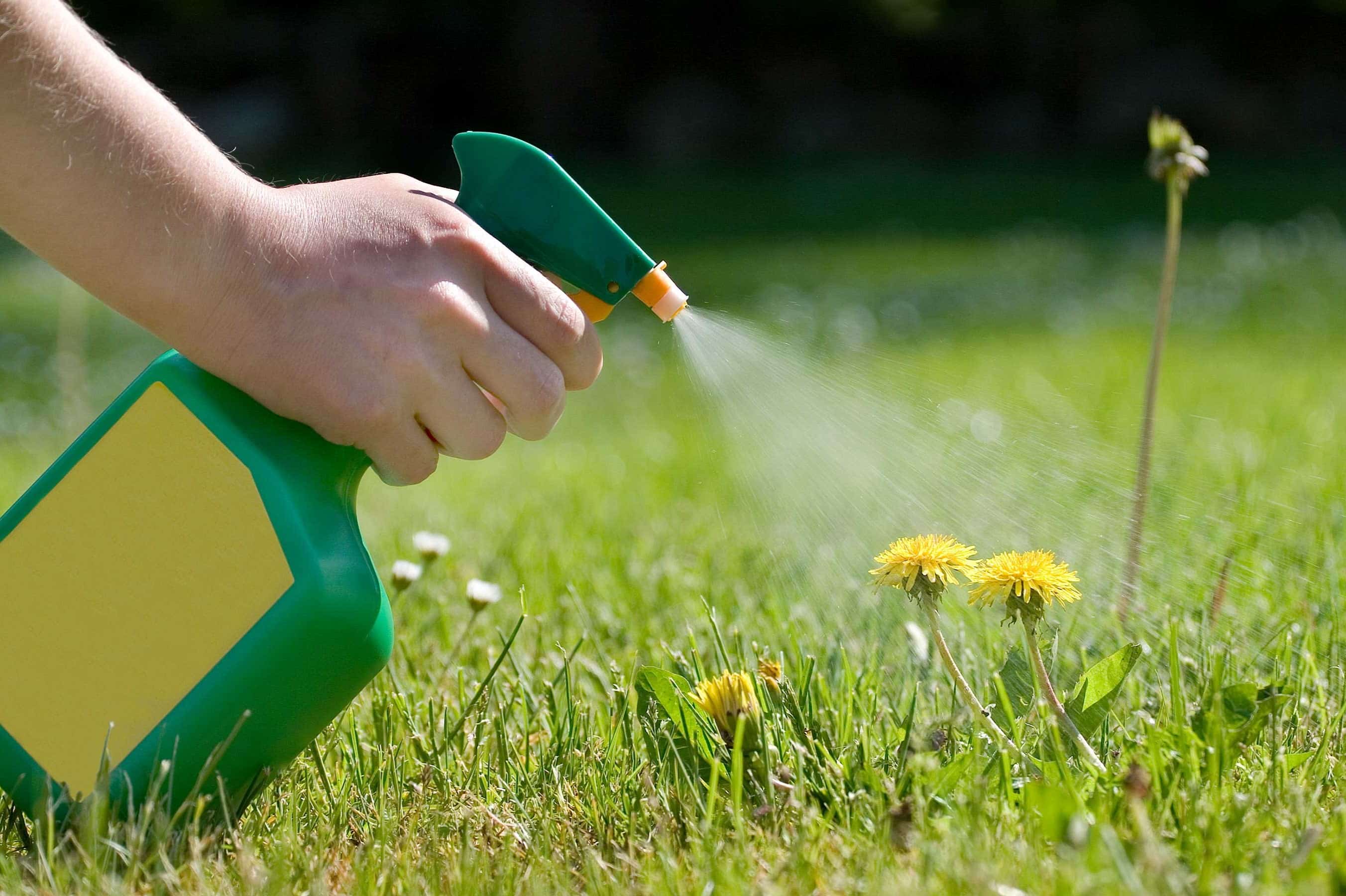
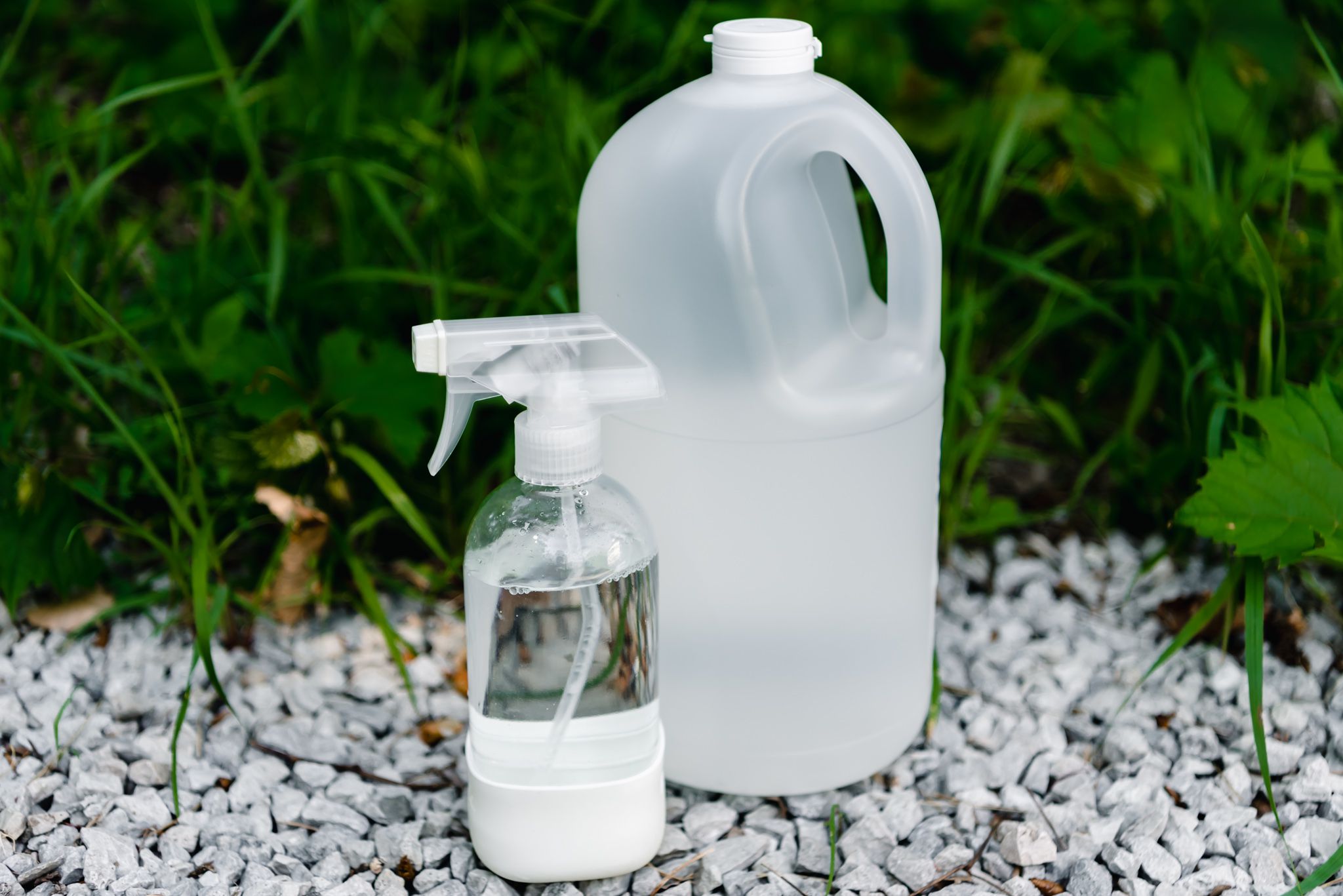
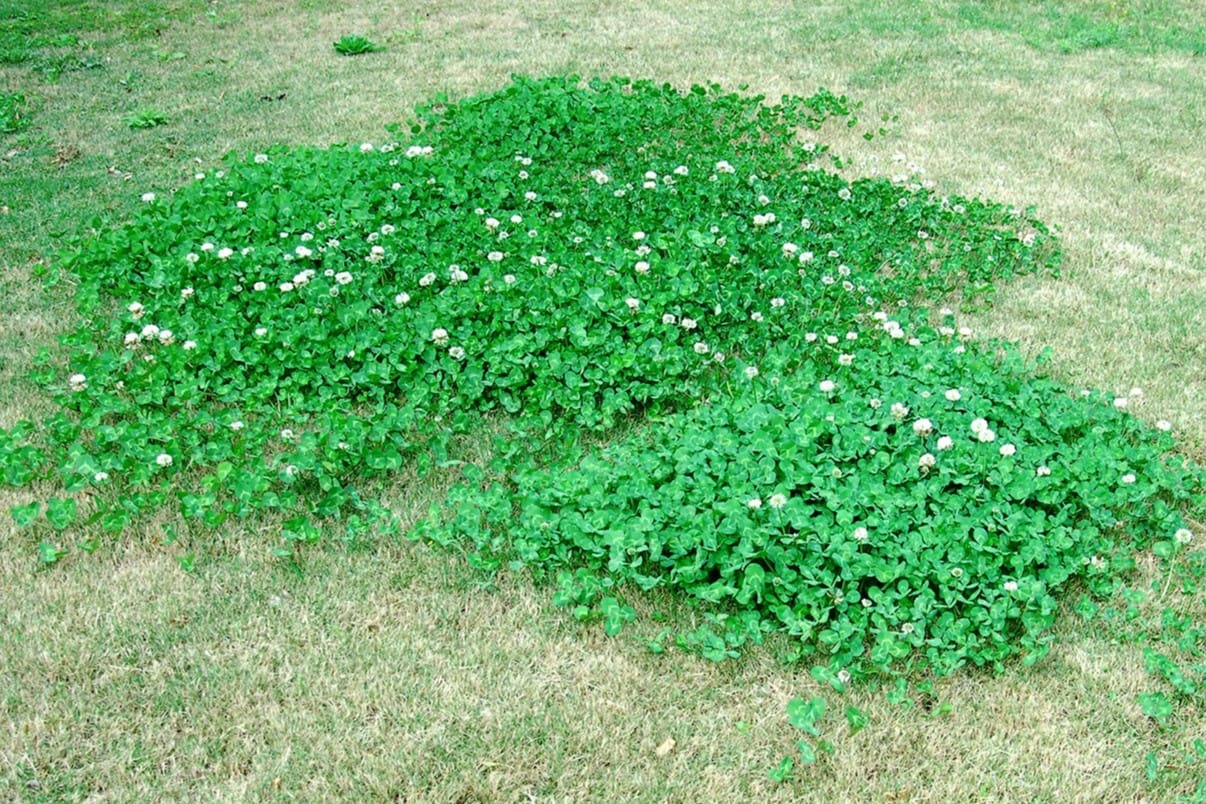

0 thoughts on “What Kills Ants In Grass”